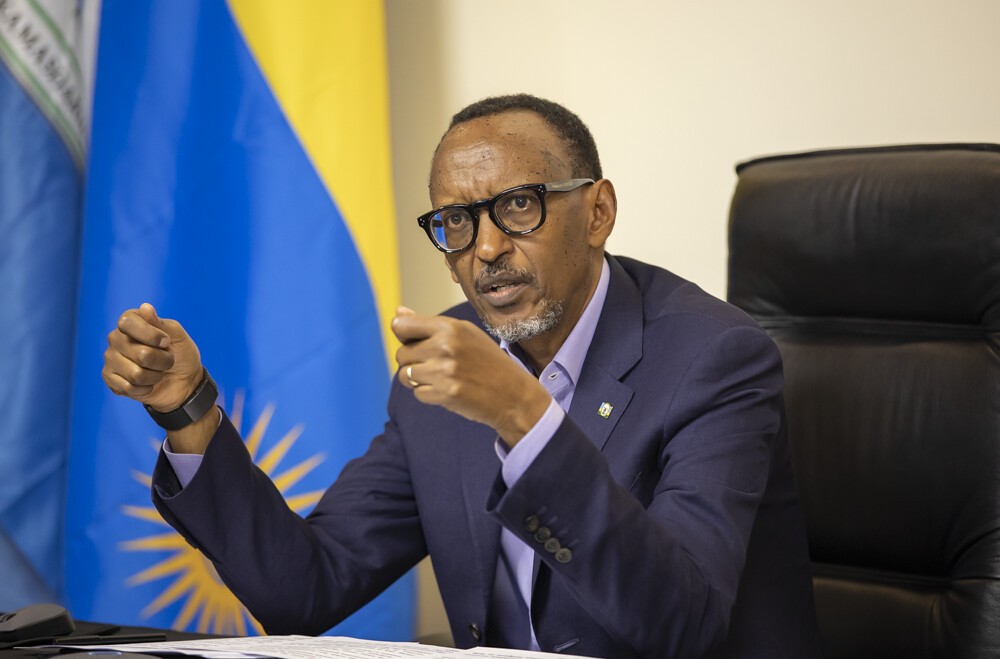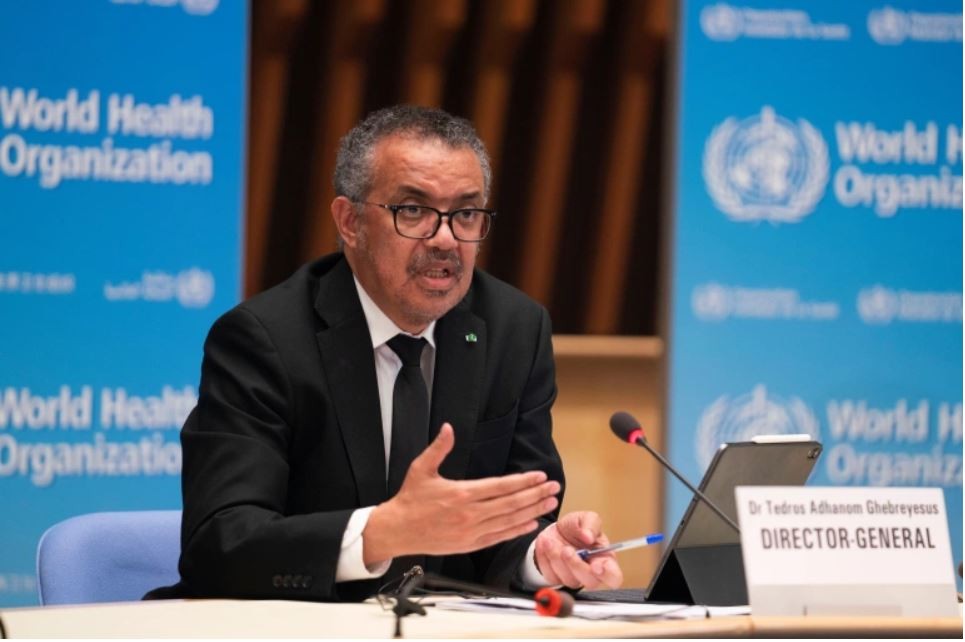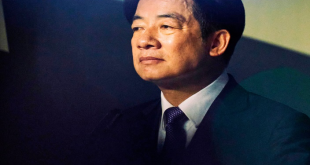
President Paul Kagame has added his voice to that of the World Health Organisation (WHO) to call out rich countries for undermining efforts to equitably distribute the New Coronavirus vaccine between wealthy and poor nations.
The Head of State, who has been an advocate for equitable access to the COVID-19 vaccines, backed the WHO Director Tedros Adhanom Ghebreyesus, who said on February 22, that deals between wealthy countries and vaccine manufacturers has resulted into the reduction in the quantity of vaccines allocated to the global vaccine initiative COVAX.
During a media briefing, Dr. Tedros urged rich countries to ensure that before they procure more vaccines that their requests do not undermine COVAX deals.
The WHO Head commended several G7 countries and the European Union for committing $4.3 billion in new funding to finance the equitable distribution of vaccines, diagnostics and therapeutics for COVID-19 but added that money would mean nothing if there are no vaccines to buy.
“We still face a gap of at least 22.9 billion dollars to fully finance the ACT Accelerator this year. It’s important to note, however, that money is not the only challenge we face,”
“If there are no vaccines to buy, money is irrelevant. Currently, some high-income countries are entering contracts with vaccine manufacturers that undermine the deals that COVAX has in place, and reduce the number of doses COVAX can buy,” Dr. Tedros said.
The WHO boss said that even if they had the funds, they can only deliver vaccines to poorer countries if high-income countries cooperate in respecting the deals COVAX has done, and the new deals it is doing.
President Kagame added his voice to the call saying that the vaccine hoarding by rich countries reflects the hypocrisy and double standards in the vaccine distribution.
“This is hypocrisy & double standards we have always talked about. Just one of the many and consequential examples,” President Kagame tweeted in support of the WHO head.
In a recent opinion article published by The Guardian on February 7, President Kagame made a case for the African continent, arguing that until Africans get the Covid-19 vaccinations they need, the whole world will continue to suffer.
The Head of State said that Africa was not asking for charity, but fairness, as opposed to the hoarding and protectionism currently in play in the vaccine distribution.
“The current situation with regard to the access and distribution of Covid-19 vaccines vividly illustrates the decades-old contradictions of the world order,”
“Rich and powerful nations have rushed to lock up supply of multiple vaccine candidates. Worse, some are hoarding vaccines – purchasing many times more doses than they need. This leaves African and other developing countries either far behind in the vaccine queue, or not in it at all,” President Kagame wrote.
He said that there are worrying signs of vaccine nationalism in Europe and North America, pointing out that while pressures on political leaders to vaccinate all their citizens before sharing supplies with others is understandable, forcing smaller or poorer countries to wait until everyone in the north has been catered for is short-sighted.
Costly Practices
President Kagame said that delaying access to vaccines for citizens of developing countries is ultimately many times more costly because the pandemic will rage on, crippling the global economy.
“New mutations may continue to emerge at a more rapid pace. The world risks reversing decades of human development gains and eclipsing the 2030 sustainable development goals,”
“In this context, the billions of dollars it would cost to distribute vaccines across the developing world is not particularly high, given the return on the investment. Doing so would unlock global commerce, which would benefit all trading nations during the long road to economic recovery that lies ahead of us. We need global value chains to be fully operational again and to include everyone,” he wrote.
“Africa is not sitting back and waiting for charity. We have learned our lessons from the past. All we ask for is transparency and fairness in vaccine access, not the protectionism currently in play,”.
“Ensuring equitable access to vaccines globally during a pandemic is not only a moral issue, but an economic imperative to protect the wellbeing of people everywhere. But when will Africa get the protection it needs? If all lives are equal, why isn’t access to vaccines?”
Not a matter of charity
The WHO Director General said that calling for equitable distribution of the COVID-19 vaccines is not a matter of charity but rather an epidemiological perspective because the virus will continue to circulate.
“This is not a matter of charity. It’s a matter of epidemiology. Unless we end the pandemic everywhere, we will not end it anywhere. The longer the virus circulates, the more opportunity it has to change in ways that could make vaccines less effective.

He said that it’s in the interest of all countries, including high-income countries, to ensure that health workers, older people and other at-risk groups are first in line for vaccines globally.
“To achieve this, we need more funding, we need countries to share doses immediately, we need manufacturers to prioritize contracts with COVAX, and we also need a significant increase in the production of vaccines,” Dr. Tedros said.
He said that he recently had “a very productive discussion” with President Emmanuel Macron of France and thanked him for his commitment to share 5% of France’s doses with COVAX.
Dr. Tedros warned that even as more vaccines are being developed, approved and produced, for the rest of this year, vaccines will be a limited resource and they must be used strategically as much as possible.
Kigali Today
 Africa -China Review Africa -China Cooperation and Transformation
Africa -China Review Africa -China Cooperation and Transformation
